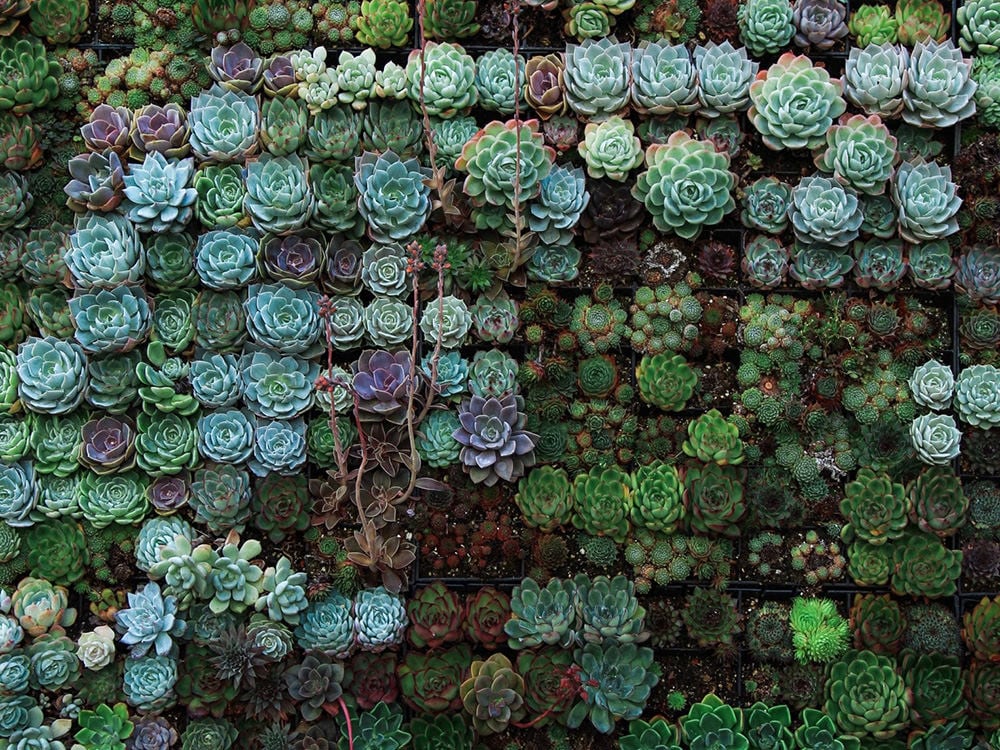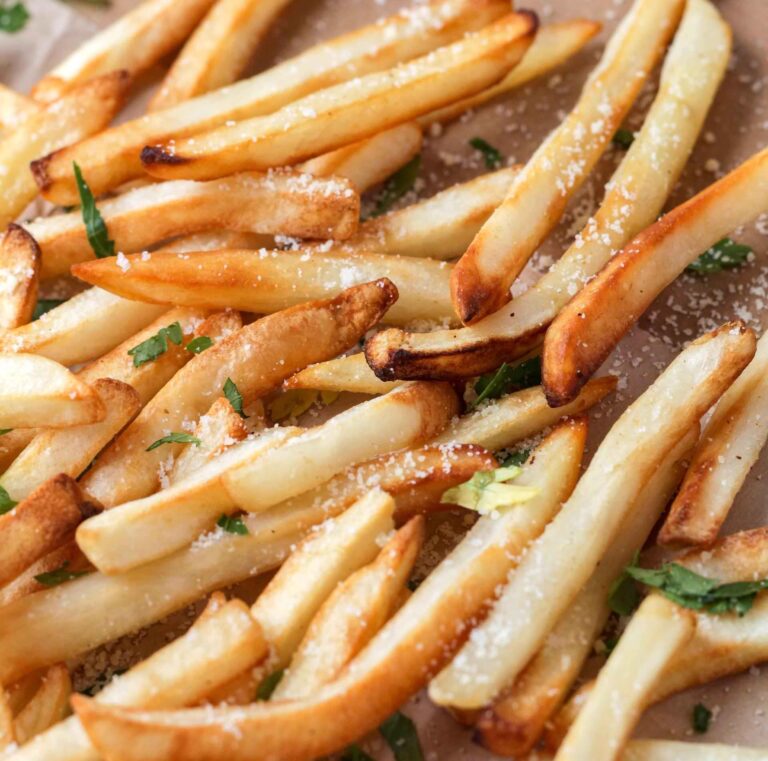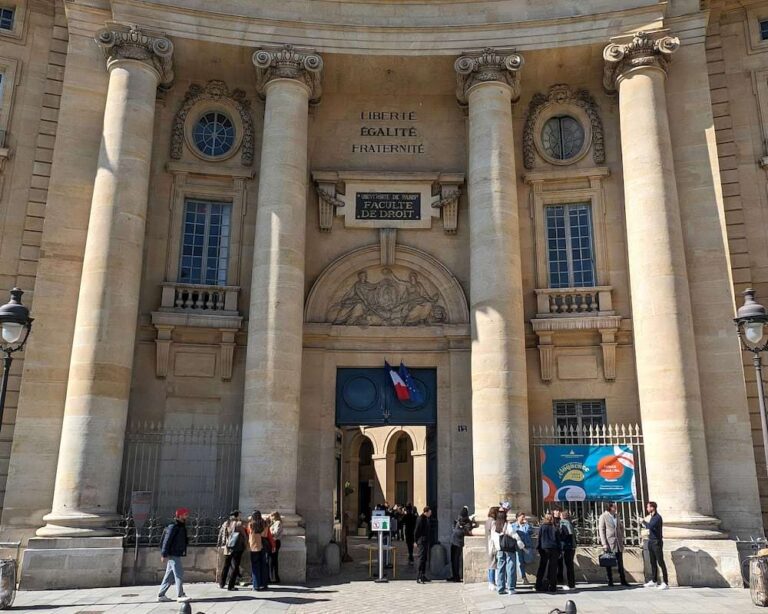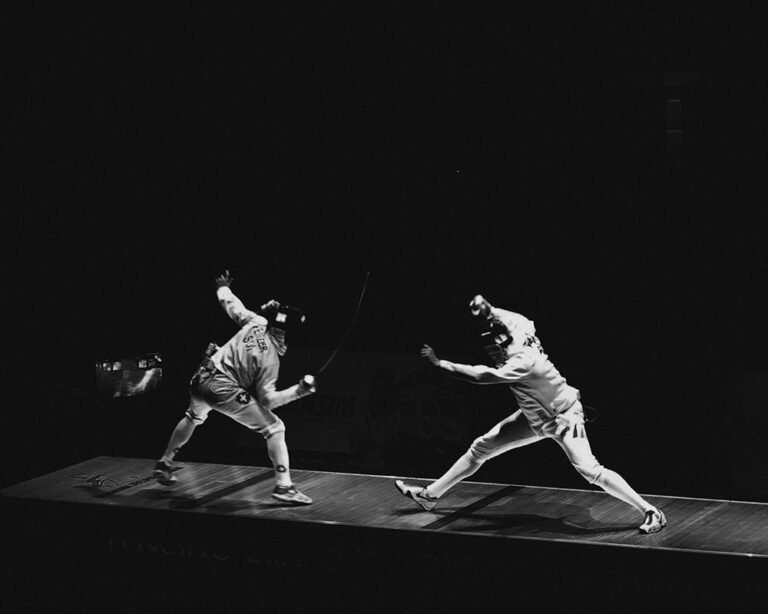maint
The French adjective “maint” means “many,” “many a,” “numerous” or “manifold.” It is a little archaic and is most commonly used in a literary way, although some still use it in everyday speech. People tend to prefer more modern words such as “beaucoup,” “nombreux,” “plusieurs,” or more familiarly, “plein de.”
As an adjective, “maint” must agree in number and gender with the noun it describes.
Usage examples
- pour maint lecteur – for many a reader
- dans mainte famille – in many a family
- j’y ai séjourné maintes fois – I’ve stayed there many a time
- maints politiciens – many politicians
- maintes et maintes fois – time and time again
- à maintes reprises – time and time again, time and again, many times
- malgré maints rappels à l’ordre – despite many calls to order
Etymology
The origin of the word “maint” is debated. One idea is that it comes from Latin languages. It might come from words like “muaint” in Bourgignon, or “moint” in Provençal, or “mant” in Italian. Some scholars suggest it might come from a mix of the Latin words “magnus” (great) and “tantus” (so many).
Alternatively, it might come from Germanic languages. Such words include “mennichte” in Low German, “manag” in Old High German, or “manch” in modern German, or “mængde” in Danish, or “menigdu” in Anglo-Saxon, or “many” in modern English.






